How to Develop Healthy Habits: Practical Strategies for a Balanced Lifestyle in 2024
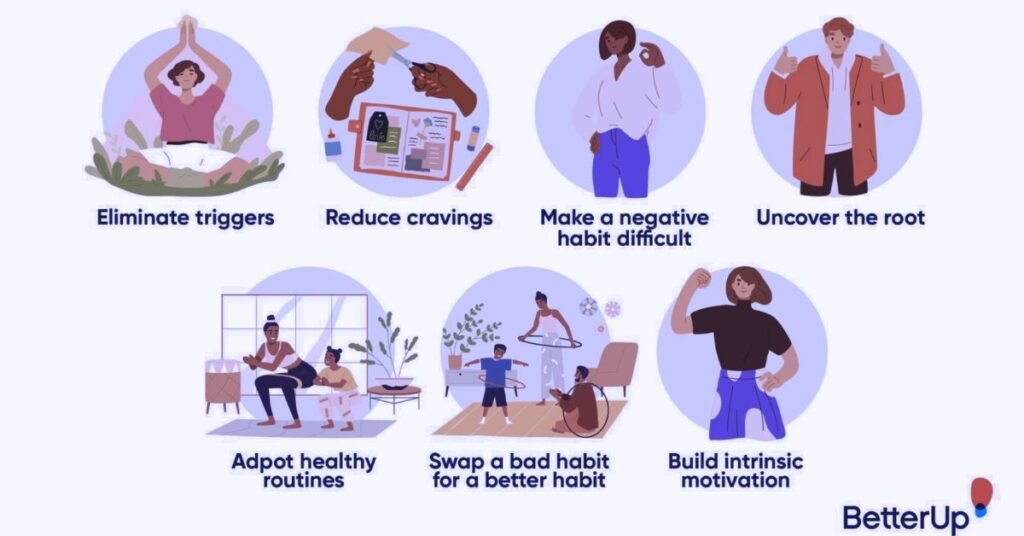
In today’s fast-paced world, where the demands on our time and energy are ever-increasing, striking a balance between work, family and personal well-being can often feel like an uphill battle. Amidst the hustle and bustle of modern life, it’s easy to neglect your health and overlook the importance of self-care. However, developing healthy habits is not just a luxury but a necessity to achieve overall well-being and resilience in the face of life’s challenges.
Fortunately, science provides us with a roadmap to pursue this journey toward a healthier lifestyle. Using a wealth of scientific, medical, and experimental data, we can identify practical strategies that have proven effective in promoting physical health, mental clarity, and emotional stability.
In this comprehensive guide, we’ll explore ten actionable steps you can incorporate into your daily routine to develop and maintain healthy habits. These evidence-based strategies incorporate a holistic approach to well-being, addressing not only physical health but also mental and emotional resilience.
Table of Contents
Understand the Science of Habits
To effectively develop healthy habits, it is important to understand the science behind habit formation. According to research published in the journal Neuron, habits are formed from repetitive actions that form neural pathways in the brain. These pathways involve a process called synaptic plasticity, where connections between neurons strengthen with repeated activation.
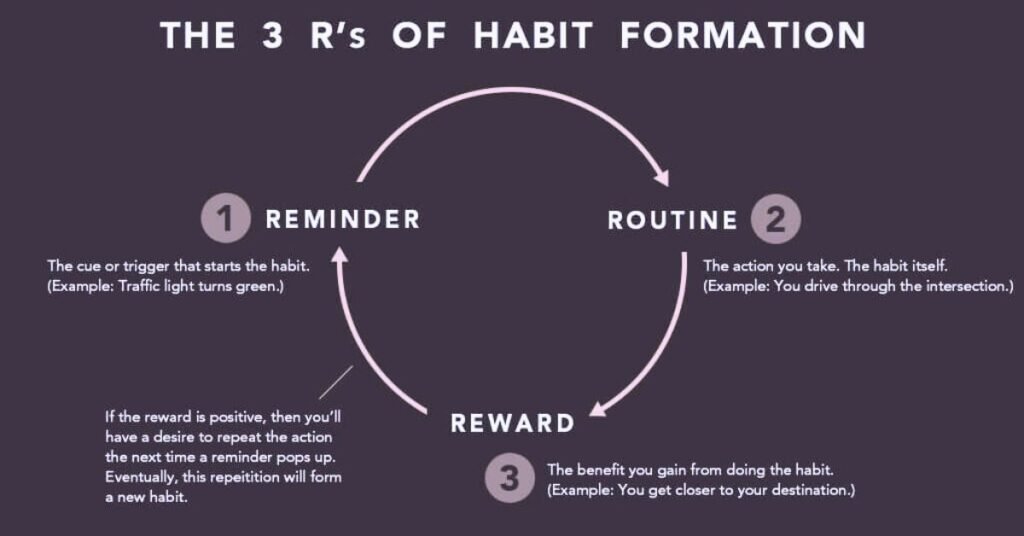
Over time, these strong associations make the behavior more automatic and become part of our daily routine. In fact, a study published in the European Journal of Neuroscience found that it takes an average of 66 days for a behavior to become automatic, although this can vary widely depending on the individual and the complexity of the behavior.
Additionally, neuroimaging studies have shown that habitual behaviors are associated with changes in brain structure, particularly in areas responsible for decision making and self-control, such as the prefrontal cortex. Understanding these neurological mechanisms allows individuals to consciously shape their habits and make lasting lifestyle changes for better health and well-being.
Set Clear and Attainable Goals
Setting clear and attainable goals is essential to developing healthy habits. Research from the University of Scranton shows that people who make clear resolutions are ten times more likely to achieve their goals than those who do not. When setting goals, make sure they are specific, measurable, achievable, relevant, and time-bound (SMART).

Additionally, a study published in the Journal of Consulting and Clinical Psychology found that individuals who set specific goals for their exercise routines were more likely to stick to them in the long term. Additionally, research published in the Journal of Nutrition Education & Behavior shows that individuals who set SMART goals for dietary change experienced greater improvements in diet quality than those who did not.
These findings underscore the importance of setting clear and measurable goals as a cornerstone of habit formation and behavior change.
Prioritize Regular Exercise
Regular exercise is fundamental to maintaining a healthy lifestyle. Many studies have highlighted the physical and mental benefits of exercise, including improved heart health, improved mood, and reduced stress levels.
Research published in the American Journal of Preventive Medicine found that regular physical activity can reduce the risk of developing chronic conditions such as heart disease, stroke, type 2 diabetes and some types of cancer. Additionally, a meta-analysis published in JAMA Psychiatry concluded that exercise is associated with a reduced risk of depression and anxiety disorders.
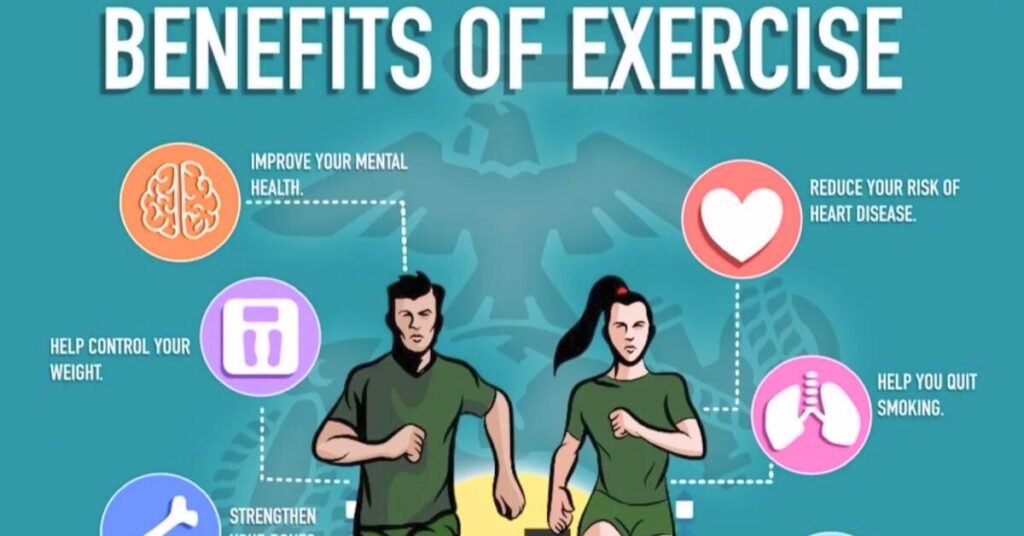
Aim for at least 150 minutes of moderate-intensity exercise per week, as recommended by the World Health Organization. Statistics show that only 23% of adults worldwide meet these recommendations, emphasizing the importance of prioritizing regular physical activity for overall health and well-being.
Focus on Nutrient-Dense Foods
Nutrition plays an important role in overall health and well-being. Eating a diet rich in fruits, vegetables, whole grains, lean proteins and healthy fats provides essential nutrients that support optimal physical function.
Research published in JAMA Internal Me dicineshows that following a healthy diet is associated with a lower risk of chronic diseases such as diabetes, heart disease and some cancers. For example, a study published in the International Journal of Epidemiology found that people who followed a Mediterranean-style diet, which included high consumption of fruits, vegetables, nuts, and olive oil, had a lower risk of developing heart disease.

Additionally, research from the American Cancer Society suggests that a diet rich in fruits and vegetables may lower the risk of developing certain cancers, such as colorectal cancer. These findings underscore the importance of making informed dietary choices to safeguard long-term health.
Practice Mindful Eating
Mindful eating involves paying attention to the sensations and emotions associated with eating while being fully present in the moment. Research published in the Journal of Obesity found that people who practiced mindful eating experienced a significant reduction in binge eating episodes and emotional eating behavior compared to those who did not.
Additionally, a study in the Journal of Clinical Psychology showed that incorporating mindfulness techniques at mealtime improved digestion and reduced symptoms of gastrointestinal distress. Additionally, research published in the journal Appetite suggests that practicing mindful eating can lead to healthier food choices, as individuals become more attuned to their hunger and satiety signals, leading to better weight management outcomes. .

In fact, a meta-analysis published in the American Journal of Clinical Nutrition found that mindfulness-based interventions for weight management were associated with significant reductions in body weight and improvements in eating behaviors. These findings underscore the importance of mindfulness practices in promoting overall health and well-being through more conscious eating habits.
Get Sufficient Sleep
Quality sleep is paramount to overall health and well-being. Research published in the journal Sleep Medicine Reviews shows that insufficient sleep is associated with an increased risk of obesity, diabetes, heart disease and mental health disorders.
According to the Centers for Disease Control and Prevention (CDC), about one-third of adults in the United States report sleeping less than seven hours per night, falling short of the recommended 7-9 hours. Chronic sleep deprivation has been linked to disruptions in hormone regulation, including increased levels of ghrelin (the hunger hormone) and decreased levels of leptin (the satiety hormone), which can lead to overeating and weight gain.
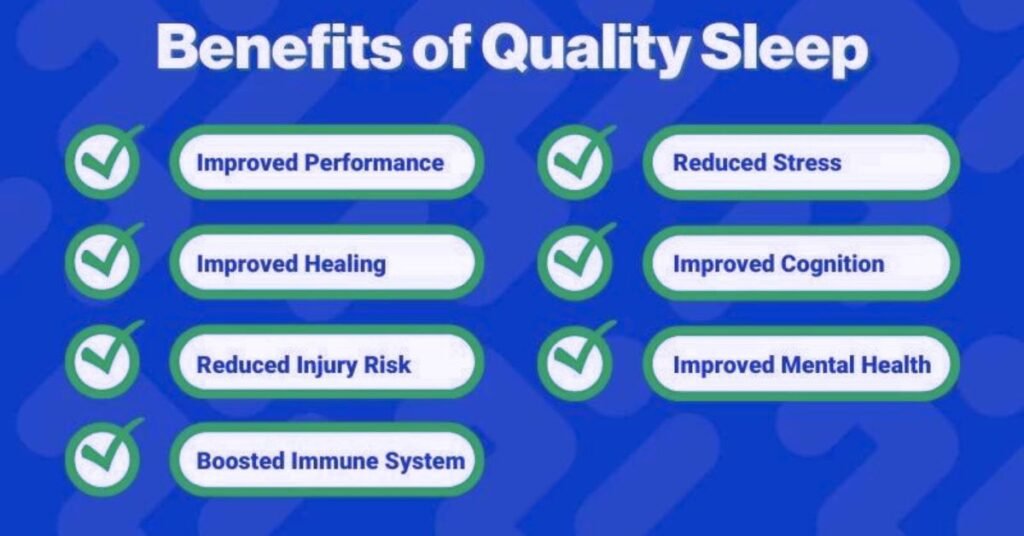
Additionally, a meta-analysis published in the European Journal of Preventive Cardiology found that individuals who consistently slept less than six hours per night had a significantly higher risk of developing high blood pressure.
Additionally, inadequate sleep has been linked with impaired cognitive function, mood disturbances, and decreased immune function, making it important to prioritize sleep hygiene practices such as maintaining a consistent sleep schedule and a favorable sleep environment.
Manage Stress Effectively
Chronic stress can have harmful effects on both physical and mental health, contributing to a range of conditions from heart disease to depression. According to research published in the Journal of the American Heart Association, chronic stress is linked to a higher risk of developing heart disease, with stress hormones like cortisol contributing to inflammation and artery damage.
Additionally, a study published in the Journal of Psychiatric Research found that individuals who experience chronic stress are more likely to develop mood disorders such as depression and anxiety.

Incorporating stress management techniques like mindfulness meditation, deep breathing exercises, and yoga can help reduce these negative effects. Research published in the journal Psychoneuroendocrinology shows that regular practice of mindfulness-based stress reduction (MBSR) can significantly reduce levels of the primary stress hormone cortisol.
Additionally, a meta-analysis published in JAMA Internal Medicine concluded that mind-body interventions like yoga and meditation can improve immune function, enhancing the body’s ability to fight off infections and illnesses.
Furthermore, studies have shown that these stress management techniques can enhance overall resilience to stress. A randomized controlled trial published in the Journal of Clinical Psychiatry found that individuals who participated in an eight-week mindfulness program experienced greater improvements in perceived stress and resilience compared to the control group.
Cultivate Social Connections
Human beings are inherently social creatures, and fostering meaningful social connections is vital for overall well-being. Research from Harvard Medical School suggests that strong social ties are associated with lower rates of depression, anxiety, and even mortality.
In fact, a meta-analysis published in the journal PLOS Medicine found that individuals with adequate social relationships have a 50% higher likelihood of survival compared to those with poor or insufficient social connections.

Additionally, a study published in the Journal of Health and Social Behavior revealed that people with strong social support networks experience faster recovery times from illnesses and are less susceptible to chronic diseases.
Make an effort to nurture relationships with friends, family members, and community groups to experience the benefits of social support, which can significantly impact your physical and mental health.
Stay Hydrated
Proper hydration is essential for maintaining optimal bodily function. Water plays a critical role in regulating body temperature, lubricating joints, and transporting nutrients and waste throughout the body.
According to research published in the journal Nutrients, even mild dehydration can have significant negative effects on cognitive function, mood, and physical performance. Studies have shown that as little as 1-2% dehydration can impair cognitive abilities, such as attention, memory, and reaction times.

Furthermore, dehydration can lead to increased feelings of fatigue, irritability, and anxiety. In terms of physical performance, dehydration can hinder endurance, strength, and coordination, impacting exercise and athletic performance.
To ensure adequate hydration, aim to drink at least 8-10 glasses of water per day, adjusting intake based on individual needs and activity levels. By staying properly hydrated, you can optimize your body’s functions and support overall health and well-being.
Embrace Flexibility and Persistence
Developing healthy habits is a journey that requires both flexibility and perseverance. Be kind to yourself and recognize that setbacks are a natural part of the process. Instead of striving for perfection, focus on progress and celebrate small wins along the way.
Research published in the Journal of Behavioral Medicine suggests that individuals who adopt a growth mindset towards their health behaviors are more likely to achieve long-term success.
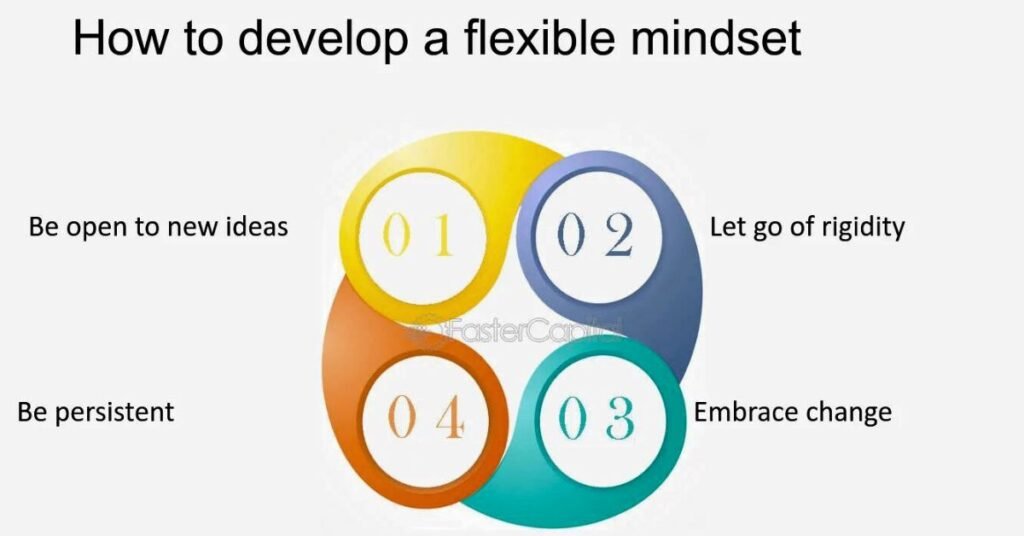
According to a study in the Journal of Clinical Psychology, those who celebrate small wins during behavior change are more likely to maintain their healthy habits over time. By understanding the scientific principles behind habit formation and the medical benefits of healthy behaviors, you’ll be well-equipped to make sustainable changes and achieve a balanced and fulfilling lifestyle in 2024 and beyond.
In conclusion, adopting science-backed strategies to develop healthy habits is important for long-term well-being. By incorporating evidence-based practices and staying resilient despite setbacks, you pave the way to a happier, healthier future.
Remember, every small step towards a balanced lifestyle matters, and with persistence and commitment, you can achieve your wellness goals in 2024 and beyond. Let science be your guide as you embark on this journey toward a vibrant and fulfilled life.







